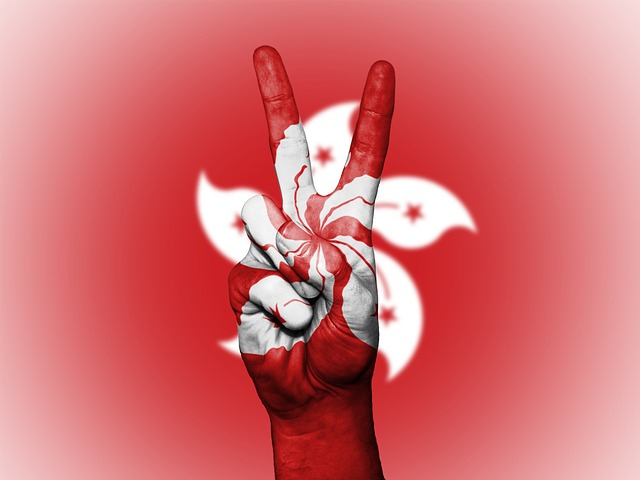US Senate unanimously passed the Hong Kong Human Rights and Democracy bill on Tuesday. The bill seeks to protect human rights in the former British colony and prevent the erosion of its special status, through which Hong Kong has acquired a distinct legal and political system, as compared to mainland China.
What is Hong Kong Human Rights and Democracy Bill?

The bill, if it becomes an act, would provide wide-ranging powers to the US President to impose sanctions and travel restrictions on those held responsible for threatening or carrying out arbitrary detention, torture, forced confession of any individual in Hong Kong, or violates any of the internationally recognized human rights in the former British colony.
It also empowers the US President to sanction those who violate the Sino-British Joint Declaration, CNN reported. The declaration signed in 1997 between Britain and China sets the ground rules on which Hong Kong, which was a British colony then, was handed over to China in 1997. City's autonomy and special status is also drawn from this very declaration.
Support and Opposition
The bill received bipartisan support in the US senate. Sen. Chuck Schumer of New York called the unanimous vote "a resounding message to the Chinese Communist Party and President Xi that the United States stands with the democratic protesters in Hong Kong."
Republican senator Marco Rubio said that the "sent a clear message to Hong Kongers fighting for their long-cherished freedoms: We hear you, we continue to stand with you and we will not stand idly by as Beijing undermines your autonomy".
Meanwhile, the bill received condemnation from governments of China and Hong Kong. Chinese Foreign Ministry said: "(The bill) neglects facts and truth, applies double standards and blatantly interferes in Hong Kong's internal affairs and China's other internal affairs". Meanwhile, the Hong Kong government said that the city's constitution protects human rights and freedom of its citizens and the bill would "harm the relations and common interests between Hong Kong and the US."
What next?
Having been passed in the US Senate, the bill will go to the US House of Representatives, for scrutiny and vote. House has already passed a similar bill, thus the two will be compiled, before being sent to the president. With a Democrat majority in the House, the bill is expected to be passed there. But it is still uncertain if the President will sign it. The bill will become an act only after the President's approval.
US-China trade deal
White House hasn't given any statement vis-a-vis the Bill. The highly vocal President has been tight-lipped regarding Hong Kong. There is a worry that President's approval of the bill will jeopardize the probable trade deal, that would end the 17-months long US-China trade war, that saw both economic giants slapping billions of dollars of tariffs on each other's goods.
Hong Kong has been on a boil since June, when an extradition bill that would have allowed trial in the mainland China, was brought up. Though the bill was withdrawn, amid widespread backlash and protests, it soon took form of a pro-democracy protest.









